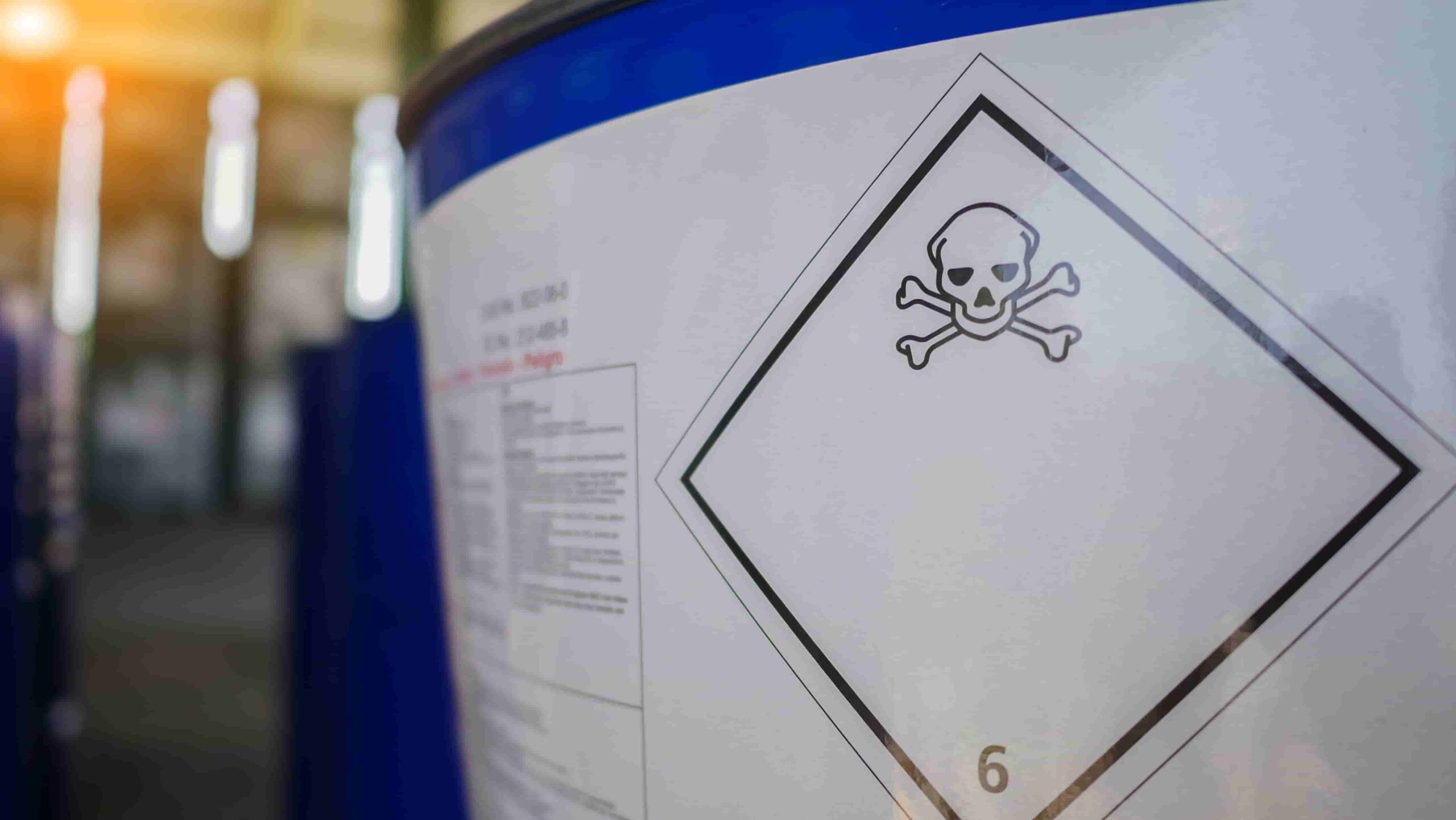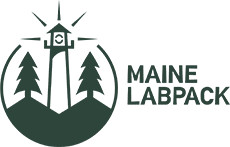
If you are a hazardous waste generator, scheduling an in-house hazardous waste audit regularly will help you be prepared for inspections conducted by federal, state, or local authorities at any time. More importantly, by regularly scheduling audits, companies, facilities, and organizations can rest assured that they comply with regulations as mandated by law.
Properly managing hazardous waste is not only an important safety issue for employees, the environment, and the public in general but generators will be held accountable by regulatory agencies for any violations. Facilities are required to have a written plan and schedule for inspection. They must also have monitoring requirements for containers to meet specific inspection requirements. Regular hazardous waste audits are beneficial to ensure compliance, maintain employee safety, and reduce the potential for fines.
What is a Hazardous Waste Audit?
A hazardous waste audit is an official review, inspection, and examination of a hazardous waste generator’s facilities, equipment, storage areas, documents, permits, records, and all other aspects related to the creation, management, storage, and disposal of a company’s hazardous waste. In an official capacity by an agency such as the EPA or state Department of Environmental Protection (DEP), audits assess performance against certain criteria, with results used to assure that company operations are within expected norms.
To be effective, hazardous waste audits are systematic and comprehensive. Compliance verification is an essential component of enforcement and is carried out through inspections by regulatory authorities. Officials or authorized representatives have authority under the Resource Conservation and Recovery Act (RCRA) to routinely monitor hazardous waste generator facilities and conduct inspections to determine compliance status.
Inspections consist of on-site visits to facilities, or locations such as landfills, by an inspector or a team of inspectors to gather the necessary information to determine compliance. Inspections can be lengthy, sometimes weeks long. They can include pre-inspection activities before entering a facility or site and on-site compliance evaluation inspections (CEI) that will likely include a review of reports, documents, and permits, staff interviews, types of wastes generated and managed on-site, how they’re stored or disposed of, observing facility operations, and taking photographs and videos. Compliance sampling inspections may also be conducted for laboratory analysis, and a comprehensive groundwater monitoring evaluation (CME) may also be conducted to ensure the design and operation of a facility’s groundwater monitoring system is adequate for the type of hazardous waste being generated.
The Primary Purpose of Scheduling a Hazardous Waste Audit
Hazardous waste audits serve as a valuable tool to determine and ensure a company or facility complies with federal, state, or local regulations. Primarily, the audit should provide a basis for minimizing liability. It can also help companies recognize noncompliance areas and take corrective measures before routine site inspections by the EPA, OSHA, or other regulatory agencies. A hazardous waste audit may also prevent companies from avoiding costly fines and penalties, as well as helping to develop cost-saving measures that provide a cleaner and safer workplace.
How to Always Be Prepared for Hazardous Waste Audits
Remember that EPA or Maine’s DEP inspections are generally unscheduled and can happen without warning. There is no time to prepare unless you are prepared. Therefore, to avoid fines, it’s important to always be in regulatory compliance. You should have a thorough hazardous waste management plan covering every possible contingency. Employees should be properly trained to follow the plan and also in handling, waste labeling, and proper containers for storage.
The costs and risks associated with poor management of hazardous waste streams are high. Knowing what to do is sometimes easier said than done. Maine Labpack offers comprehensive, confidential hazardous waste audits, inspections, and analyses for companies and facilities to ensure they are always prepared for an unexpected hazardous waste audit. Maine Labpack’s auditing program provides unbiased guidance and solutions in hazardous materials management, disaster preparedness, accident prevention, employee training, etc., to ensure your company is always compliant. Whether your facility is large or small, Maine Labpack will help ensure your company is always prepared and complies with all state and federal regulations.
